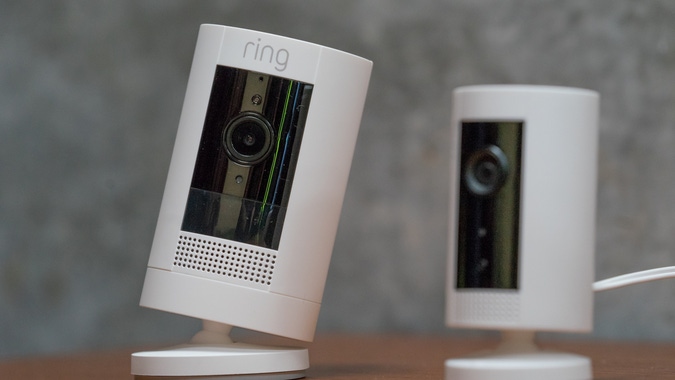Russian tech tycoon heads to trial in Boston over alleged insider trading and hacking scheme
Between 2018 and 2020, prosecutors allege, Klyushin and his co-conspirators viewed the earnings reports of dozens of companies — including Tesla, Hubspot, Datadog, and Snap — before they were made public, and used that information to make stock trades that led to millions of dollars in illegal profits.
“This is sort of like insider trading on steroids,” said attorney Robert Fisher, a former federal prosecutor, adding that insider trading cases generally involve information related to one company or a sliver of an industry. Hacking into a vendor with access to multiple companies is rarer and much more lucrative, he said; an SEC complaint filed in federal court in Boston alleges the conspirators raked in $82.5 million.
Now, Klyushin, a married father of five, is set to go to trial Monday in federal court in Boston on charges of conspiracy, wire fraud, unauthorized access to computers, and securities fraud, in a case that will be closely watched in diplomatic circles in the United States and Russia, according to legal experts. Klyushin owns a Moscow-based technology company, M-13, that provides media monitoring and cybersecurity testing for private and public entities, including the Russian Federation, and has “significant ties to the Russian government, and, more specifically, to parts of the Russian government engaged in defense and counter-espionage,” prosecutors said in court filings.
In response to defense concerns about whether Klyushin will receive a fair trial, US District Judge Patti B. Saris has agreed to question potential jurors about whether they feel any bias toward Russian nationals, but rejected a request to ask them about their feelings on the war in Ukraine. She also ruled that prosecutors may not mention Putin’s name during the trial.
Klyushin was first arrested in March 2021 after he arrived via a chartered jet in Switzerland, where a helicopter was waiting on the tarmac to whisk him and his family to a nearby luxury ski resort for a planned vacation. Local police swooped in at the request of US authorities. His codefendants were in Russia, a country with no extradition treaty with the United States; Swiss authorities extradited Klyushin to the United…




